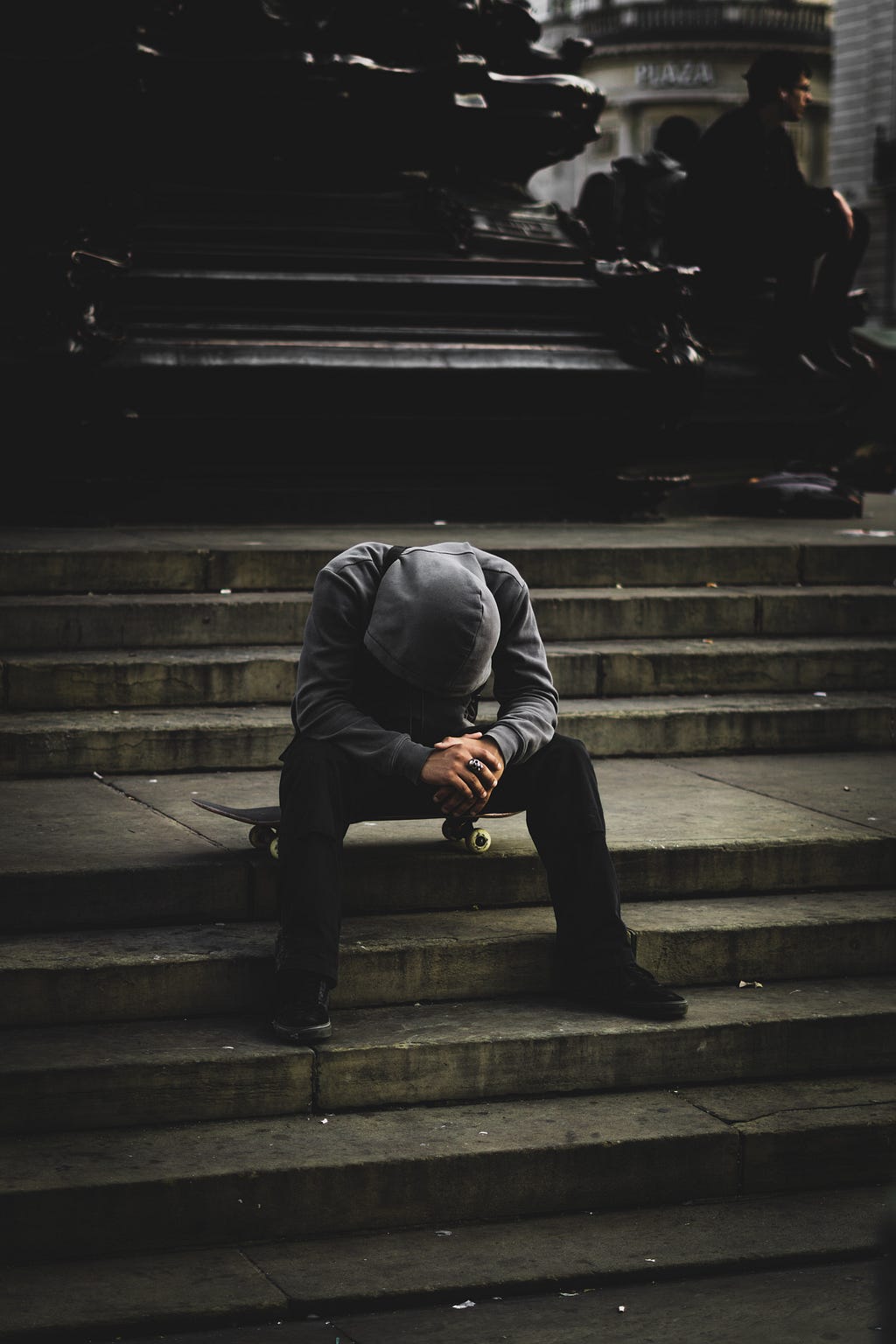Depression is a serious mental health condition that affects millions of people worldwide.

While everyone feels sad or down from time to time, clinical depression is a persistent feeling of sadness, hopelessness, and disinterest in everyday activities. It can interfere with one’s daily life and overall well-being. In this article, we will explore what it means to be clinically depressed, the ten signs of clinical depression, and what can be done to manage this condition.
Clinically depressed individuals often feel sad, empty, or hopeless for long periods, and the feeling persists even when there is no obvious reason for it. The feelings are often intense and can interfere with daily life. Clinical depression can be caused by a combination of factors, including genetics, life events, and chemical imbalances in the brain.
The following are ten signs that someone may be experiencing clinical depression:
- Persistent feelings of sadness, hopelessness, or emptiness
- A loss of interest in activities that were previously enjoyable
- Changes in appetite or weight
- Difficulty sleeping or sleeping too much
- Fatigue or loss of energy
- Feelings of worthlessness or excessive guilt
- Difficulty concentrating or making decisions
- Agitation or restlessness
- Thoughts of suicide or self-harm
- Physical symptoms, such as headaches or stomach aches, without an apparent cause
It is important to note that not everyone with clinical depression experiences all of these symptoms. However, if someone is experiencing several of these symptoms consistently for two weeks or more, it is possible they may be clinically depressed.
If you or someone you know is experiencing symptoms of clinical depression, there are several things that can be done to manage the condition. One of the most effective treatments for clinical depression is psychotherapy, which involves talking to a licensed mental health professional about the symptoms and how to manage them. Cognitive-behavioral therapy (CBT) is one type of psychotherapy that has been shown to be effective in treating depression.
In addition to therapy, medication can be used to manage the symptoms of clinical depression. Antidepressants work by changing the levels of certain chemicals in the brain to alleviate symptoms. However, medication should always be prescribed by a healthcare professional and closely monitored to ensure its effectiveness and safety.
Other ways to manage clinical depression include making lifestyle changes, such as engaging in regular exercise, eating a healthy diet, and getting enough sleep. It is also important to build a support system of friends and family who can offer emotional support and encouragement.
In conclusion, clinical depression is a serious mental health condition that can have a significant impact on one’s daily life and well-being. The ten signs of clinical depression include persistent feelings of sadness, changes in appetite or weight, difficulty sleeping, and thoughts of suicide. While there is no one-size-fits-all treatment for clinical depression, psychotherapy, medication, and lifestyle changes can all be effective in managing the symptoms. If you or someone you know is experiencing symptoms of clinical depression, it is important to seek help from a licensed mental health professional.
What does it mean to be clinically depressed what are the 10 signs of clinical depression? was originally published in Salubri on Medium, where people are continuing the conversation by highlighting and responding to this story.